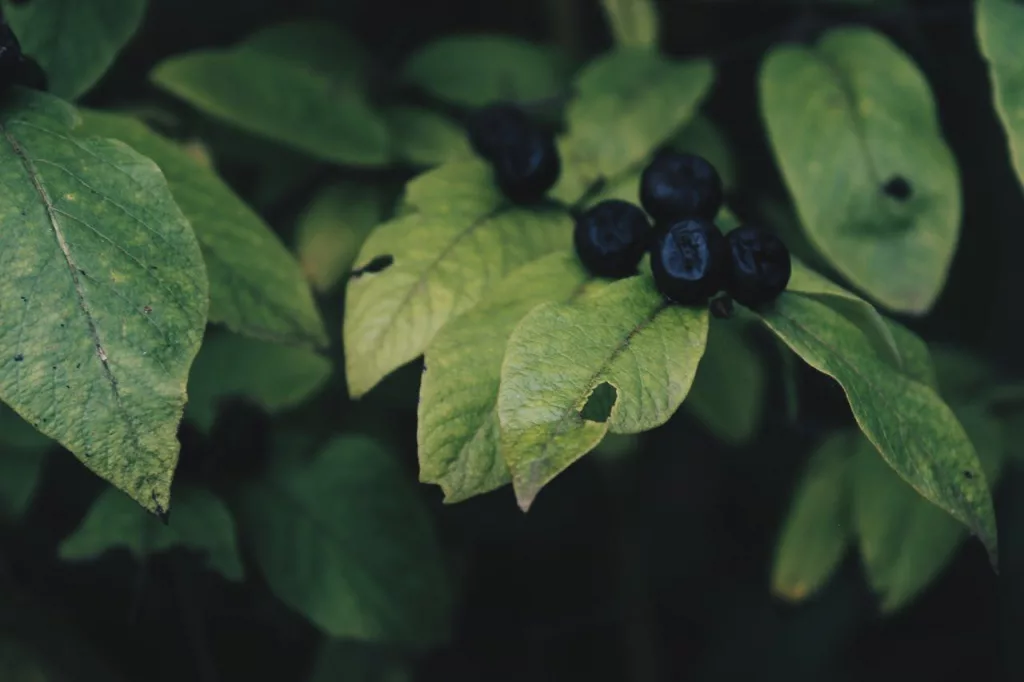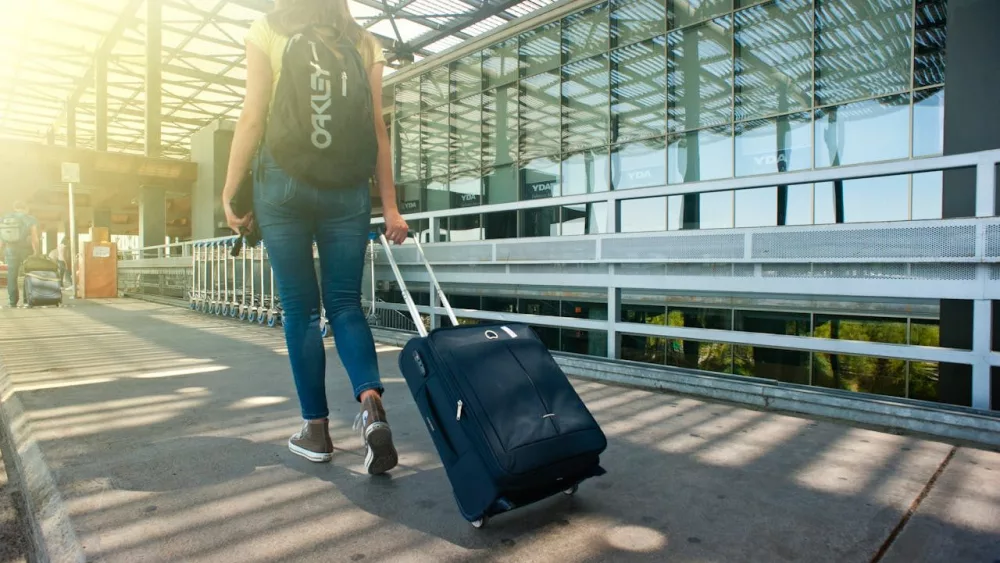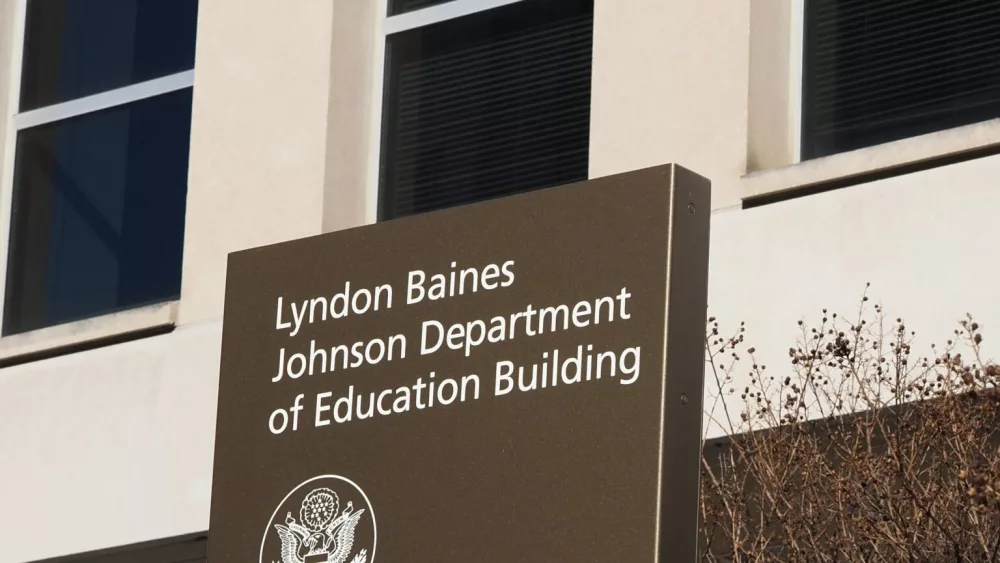This article was first published by High Country News.
YAKIMA, WA – The U.S. Forest Service announced this week that it will temporarily prohibit commercial picking of huckleberries this summer in Gifford Pinchot National Forest in southwestern Washington.
Commercially picked berries have fueled an entire huckleberry industry, flavoring ice cream, sodas, pies, jams, vodkas and wines – at the expense of Yakama Nation tribal members, as detailed in High Country News’ March feature.
“Huckleberries are a vital cultural and ecological resource, and we must ensure their sustainability for generations to come,” Johanna Kovarik, Gifford Pinchot’s forest supervisor, said in a written statement. “This change allows us to work more closely with tribal governments, and local stakeholders and law enforcement to improve management while reducing conflicts.”
The announcement comes after years of complaints from members of the Ḱamíłpa Band of the Yakama Nation about the agency’s commercial program. Gifford Pinchot is the only national forest that allows large-scale commercial harvest of huckleberries, which are a traditional food for the Yakama Nation and other Pacific Northwest Indigenous peoples. Members of the Yakama Nation have reserved rights under their 1855 treaty with the U.S. government to harvest huckleberries in Gifford Pinchot National Forest.
“Our elders, I think, are smiling about this,” said Trina Sherwood, a 60-year-old Ḱamíłpa member and food gatherer.
“It’s like a dream come true,” said Elaine Harvey, 48, who is Sherwood’s niece and also a food gatherer from the Ḱamíłpa Band. Harvey and others in her family have pushed the Forest Service to ban commercial picking for years, which she said has infringed on tribal members’ treaty rights to harvest. Both Harvey and Sherwood hope that the Forest Service will permanently prohibit commercial harvesting.
Federal officials will conduct an assessment and consult with tribes this year before making any long-term changes to the commercial program. Forest Service officials were not immediately available for an interview.
Most commercial pickers descend from Vietnamese and Cambodian families who came to the U.S. in the 1970s and found work picking huckleberries for low wages. Pickers sell berries directly to individual commercial huckleberry buyers, who are often small business owners or contractors for wild food companies, like Mikuni Wild Harvest, a Canadian corporation with a distribution center in Tacoma. Those companies then sell to private customers, chefs, wineries and other companies that create huckleberry products. Tillamook Creamery, according to a Forest Service official, buys berries harvested from Gifford Pinchot for the company’s huckleberry ice cream. In its press release, the Forest Service said that commercial pickers take 50,000 to 70,000 gallons of berries from the forest each year.
Huckleberries grow only in the mountains and have resisted Western scientists’ decades-long attempts to cultivate their genes to grow them on farms. That’s why the berries fetch a high price — up to $200 a gallon. Commercial pickers pay either $60 for a two-week permit with a 40-gallon limit, or $105 for a seasonal permit with a 70-gallon limit. Gifford Pinchot sold 928 permits last season, totaling $83,445 in revenue.
During annual meetings with Forest Service officials, Harvey and other Yakama Nation leaders have said that commercial pickers leave few berries for tribal members. They threaten elders, who are mostly women, by blocking roads, picking closely off the same bush and bringing dogs to the fields. Some also damage the shrubs, using illegal rakes to quickly strip berries from the bushes. Tribal members have observed commercial pickers harvesting berries before the commercial season begins in mid-August and encroaching on areas reserved for exclusive tribal harvest. “We’ve always explained it, year after year, that the situation is getting worse,” Harvey said of meetings with agency officials. “There was always the question of, ‘Why do we have to have commercial harvest?’”
In the past, Sherwood could harvest four to six gallons of berries per day. But with the increase in commercial pickers, she’s lucky if she can pick one-and-a-half gallons for herself. “It just has really changed the landscape with all this commercial picking,” she said. “I go back to places where I used to see berries in abundance, and it’s all just taken away.”
The Forest Service cited “sustainability concerns, enforcement challenges and escalating conflicts among harvesters,” as reasons for not issuing commercial permits this season but did not specifically mention the program’s impact on Yakama Nation members’ treaty rights to gather. Drought, habitat loss and invasive species, such as the spotted winged drosophila, a small fruit fly whose larvae have been found inside huckleberries, are also among the agency’s cited concerns.
Harvey and Sherwood want to see more Forest Service officers within the fields this summer to enforce the ban and protect tribal pickers who may face intimidation or harassment from those who oppose the temporary commercial closure. But the Forest Service has struggled to adequately patrol the fields for years, citing a lack of funding. And as the Trump administration has slashed the federal workforce, including Forest Service employees, Harvey worries that the agency won’t be able to increase patrols. “Hopefully people will be safe this summer,” she said.
Harvey was part of a volunteer federal committee appointed under the Biden administration that developed amendments to the Northwest Forest Plan, many of which center on cultural resource management. In those committee meetings, Harvey regularly brought up the impacts that Gifford Pinchot’s commercial huckleberry program has had on her community. “I think that’s when the real push came,” Harvey said, and Forest Service officials started to listen. But federal officials told committee members earlier this month that the agency will likely disband the group. With fewer federal employees, Harvey is concerned about how that will affect the temporary commercial harvesting ban and the Forest Service’s ability to complete the Northwest Forest Plan update.
Sherwood is proud of the efforts over the years by her family, including her niece Elaine Harvey, to advocate for the protection of huckleberries. “It’s always been instilled in us, by our elders, our mothers, our grandmothers,” Sherwood said of speaking up for traditional foods. “We’re very protective of our resources.”
The Ḱamíłpa Band has a long history of defending their treaty rights to gather huckleberries and other traditional foods that have been threatened by Forest Service mismanagement. Ḱamíłpa Chief atway William Yallup established what’s known as the Handshake Agreement in 1932, which reserved part of the berry fields in Gifford Pinchot for exclusive tribal harvest. Nearly 50 years later, Sherwood’s family pushed the Forest Service in the 1980s to allow the Ḱamíłpa Band to reestablish a traditional huckleberry feast in the fields to commence berry season, in late July or early August. Her brother and Ḱamíłpa Chief, atway Fred Ike Sr., worked with Cielo Chief atway Howard Jim, along with elders, including Sherwood’s parents, Moses Dick Sr. and Elsie Billy Dick, to host an annual feast. “We wanted to revitalize that history and recognize it and make sure our presence was known,” Sherwood said.
She now helps organize the feast with Harvey and other family members, gathering berries and enough food to feed the longhouse for a few days. Her grandmother, atway Susie Walsey Billy, lived for weeks at Sawtooth Mountain in Gifford Pinchot during huckleberry season. “They’d stay there until it snowed,” Sherwood said. “I think about that a lot, and that’s what’s pushed me forward.”
Harvey, as well as Ḱamíłpa Chief Bronsco Jim Jr. and Yakama Nation Tribal Council member Jeremy Takala, will discuss the commercial huckleberry program and the Forest Service’s latest change at an event hosted by High Country News and the Native Arts + Cultures Foundation on April 9 in Portland, Oregon.
Washington State Standard is part of States Newsroom, a nonprofit news network supported by grants and a coalition of donors as a 501c(3) public charity. Washington State Standard maintains editorial independence. Contact Editor Bill Lucia for questions: info@washingtonstatestandard.com.





